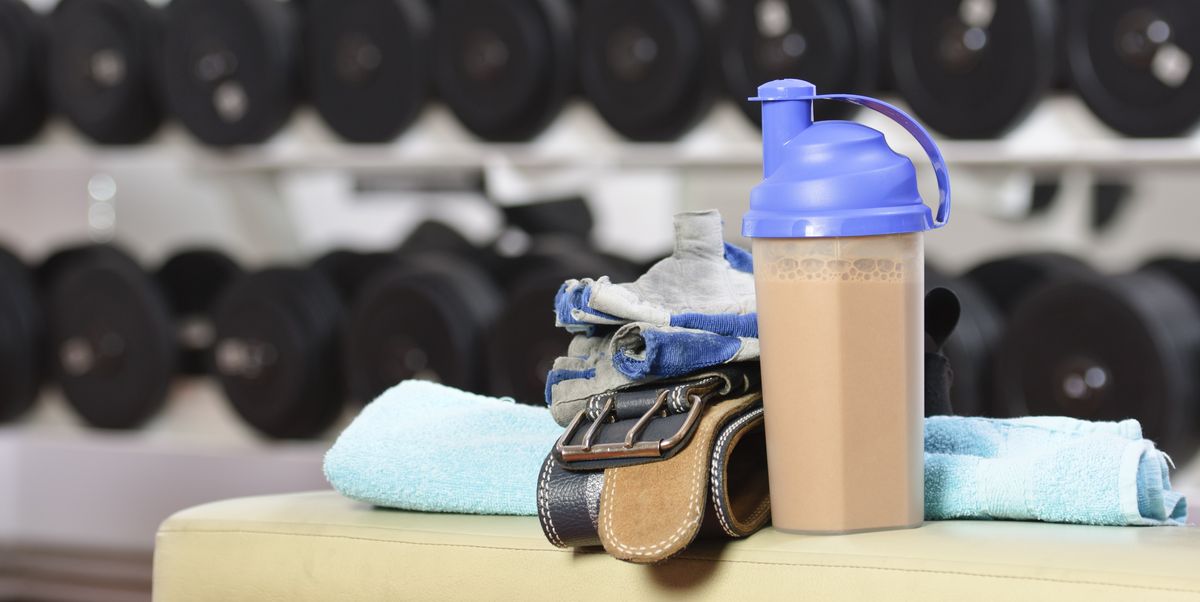When it comes to using pre-workout supplements for exercise, the typical recommendation for consumption is “30 to 60 minutes before exercise, especially if the main ingredient is caffeine,” says Asche. Although the mix of ingredients in pre-workout supplements varies, Asche explains some of the common ingredients found in these supplements and how they can help your overall performance.
✔️ Caffeine: Many athletes we spoke to report that caffeine is one of the most important ingredients for energy and focus when training. According to Asche, caffeine “is an ergogenic aid that improves athletic performance by stimulating the central nervous system. It can improve attention, alertness and concentration, as well as endurance performance.” According to FDAa limit of up to 400 milligrams per day is generally not associated with dangerous or negative side effects, although some people are more sensitive to caffeine than others and should consume lower amounts.
✔️ Beta-alanine: An amino acid involved in the process of carnosine synthesis, according to Asche, “this means that supplementing it, as in a pre-workout, can then increase your stores of carnosine in your skeletal muscle. More carnosine helps us sustain a intense exercise for longer periods.” Take note that beta-alanine can create an itching and stinging sensation, also called paresthesiaespecially in high doses.
✔️ L-citrulline: Precursor of L-arginine, it is strongly involved in the synthesis of nitric oxide. “Nitric oxide helps dilate blood vessels and improve circulation and oxygen availability to muscles,” Asche says. “Research is mixed on the benefits of citrulline on athletic performance, but current evidence shows that citrulline malate is beneficial in reducing muscle soreness 24 and 48 hours after exercise. Performance benefits have also been observed in healthy adult males performing high-intensity anaerobic exercises.”
✔️Creatine: “This is a compound formed by protein metabolism; it occurs naturally in your body and plays a key role in supplying energy to muscles,” says Asche. She adds that it’s a common ingredient in pre-workouts because it can “improve focus, strength and muscle mass, as well as improve muscle recovery, but it doesn’t have to be. consume before training”. Unlike caffeine, you won’t get an immediate benefit from taking creatine (30-60 minutes). This is something you will notice after taking it regularly for several weeks to months.
✔️ Dietetic found ingredient sources in pre-workout supplements: If you prefer to get your pre-workout energy from food sources rather than taking a supplement or consuming them together, you can get your caffeine from everyday sources such as coffee, espresso, or tea. Studies show that caffeine consumed as a pre-workout boost is most effective when consumed approximately 60 minutes before exercise. Asche says good food sources of citrulline include watermelon, cucumber, and squash, and beta-alanine can be found in fish, poultry, and meat. Dietary sources of nitrates can be found in foods like beets or beet juice.
